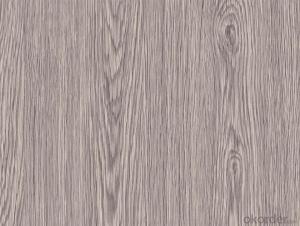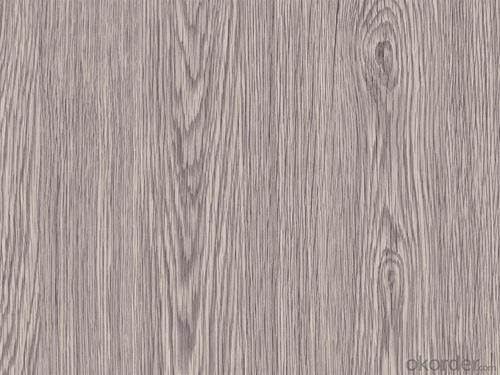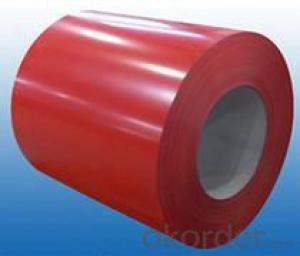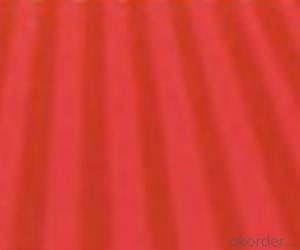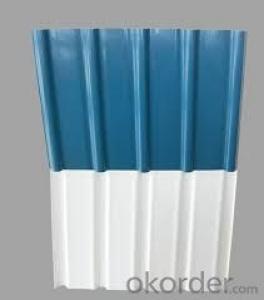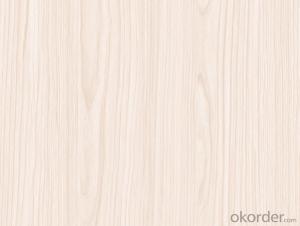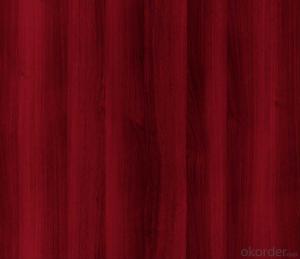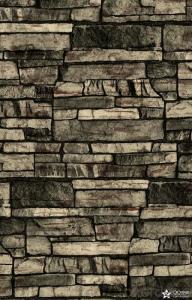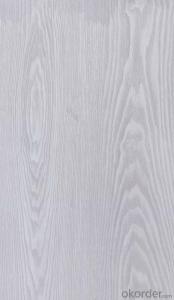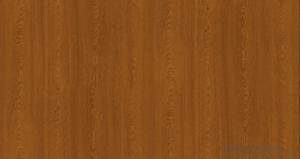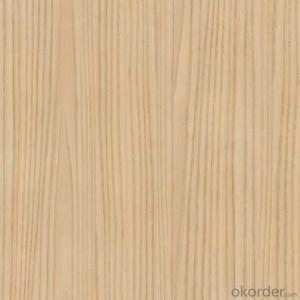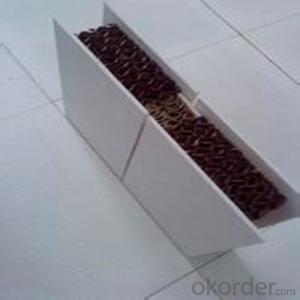color bond surface coating steel plate--XY011
- Loading Port:
- China Main Port
- Payment Terms:
- TT OR LC
- Min Order Qty:
- -
- Supply Capability:
- -
OKorder Service Pledge
OKorder Financial Service
You Might Also Like
1. Color bond surface coating steel plate :
2.More than ten years experiences, the products are sold to the domestic city and some international cities we strivc to develop production of color coating steel plate the plating (aluminum )zinc steel. Coil cheickness between 0.6mm and 1.5mm and the width from 600mm to 1250mm and a variety of high durability of color coating steel plate.
3.The company has multiple layer patterns for customers to choose The company provides products deep processing services ,meet the various needs of customers on board specifications All of out products comply with international quality standards and are greatly appreciated in a variety of different markets throughout the world if you ate interested in any of our products or would like to discuss a custom order please feel free to contact us we are looking forward to forming successful business relationships with new clients around the world in the near future.
4.We can design the color and thickness according to customers' requirements. The delivery time is only 30 day after you confirm the order.
- Q: How do steel sheets perform in cryogenic environments?
- Steel sheets perform well in cryogenic environments due to their low thermal expansion coefficient, high strength, and good ductility. At extremely low temperatures, steel retains its structural integrity, resists cracking or brittleness, and maintains its mechanical properties. This makes steel sheets suitable for various applications in cryogenic industries, such as liquefied natural gas (LNG) storage tanks, aerospace components, and scientific research facilities.
- Q: What is the thickness of the steel sheets?
- The thickness of the steel sheets is typically measured in millimeters or gauge, and it can vary depending on the specific application or industry standards.
- Q: What is the shelf life of steel sheets?
- Steel sheets are typically believed to have an indefinite shelf life. Unlike perishable items, steel sheets lack an expiration date or limited lifespan. If stored and maintained properly, steel sheets can maintain their good condition for numerous years, if not decades, without significant deterioration. However, exposure to certain environmental elements like moisture, extreme temperatures, and corrosive substances can impact the quality and durability of steel sheets over time. Hence, it is advisable to store steel sheets in a controlled and dry setting to guarantee their longevity and avert any potential harm or decline.
- Q: What is the corrosion resistance of steel sheets?
- The corrosion resistance of steel sheets depends on the type of steel and its composition. Generally, stainless steel sheets offer excellent corrosion resistance due to the presence of chromium, which forms a protective oxide layer. However, carbon steel sheets are more prone to rust and require additional measures like coatings or galvanization for improved corrosion resistance.
- Q: Are the steel sheets available in different grades?
- Yes, steel sheets are available in different grades. Steel is classified into various grades based on its composition, strength, and other properties. These grades include carbon steel, stainless steel, alloy steel, and tool steel, among others. Each grade has its own unique characteristics and is suitable for different applications. The choice of grade depends on factors such as the required strength, corrosion resistance, and cost-effectiveness for the specific application. Therefore, when purchasing steel sheets, it is important to consider the grade that best suits the intended use.
- Q: What is the process of anodizing steel sheets?
- The process of anodizing steel sheets involves immersing the sheets in an electrolyte bath and passing an electric current through them. This creates an oxide layer on the surface of the steel, which enhances its corrosion resistance and improves its durability. The steel sheets are first cleaned and degreased, followed by anodizing in the electrolyte solution. The voltage applied during anodizing determines the thickness of the oxide layer, which can be further colored or sealed to achieve desired aesthetics and functional properties.
- Q: Can steel sheets be used for kitchen backsplashes?
- Yes, steel sheets can be used for kitchen backsplashes. Steel is a durable and easy-to-clean material, making it a suitable choice for a kitchen backsplash application.
- Q: Can steel sheets be used for soundproofing purposes?
- Yes, steel sheets can be used for soundproofing purposes. Steel is a dense and rigid material that effectively blocks the transmission of sound waves. When used in soundproofing applications, steel sheets can help reduce the amount of sound that passes through walls, floors, or ceilings. They can be installed as a barrier or added as an additional layer to existing structures to increase their soundproofing capabilities. However, it is important to note that steel sheets alone may not provide complete soundproofing, as sound can still travel through other pathways such as windows or doors. Therefore, a comprehensive soundproofing strategy may involve combining steel sheets with other sound-absorbing materials, such as acoustic foam or insulation, to achieve optimal results.
- Q: Can steel sheets be used in construction projects?
- Yes, steel sheets can be used in construction projects. They are commonly used as roofing and wall cladding materials, as well as for structural elements such as beams, columns, and trusses. Steel sheets offer several advantages in construction, including durability, strength, and fire resistance. They are versatile and can be cut, shaped, and welded to meet specific project requirements.
- Q: What is the average price of a steel sheet?
- The average price of a steel sheet can vary depending on several factors such as the size, thickness, quality, and market conditions. Generally, steel sheets can range in price from $500 to $1500 per ton. However, it is important to note that prices can fluctuate due to factors such as global demand, production costs, and trade policies. Additionally, different suppliers may offer different prices, so it is advisable to compare prices from multiple sources before making a purchase.
Send your message to us
color bond surface coating steel plate--XY011
- Loading Port:
- China Main Port
- Payment Terms:
- TT OR LC
- Min Order Qty:
- -
- Supply Capability:
- -
OKorder Service Pledge
OKorder Financial Service
Similar products
Hot products
Hot Searches
Related keywords
